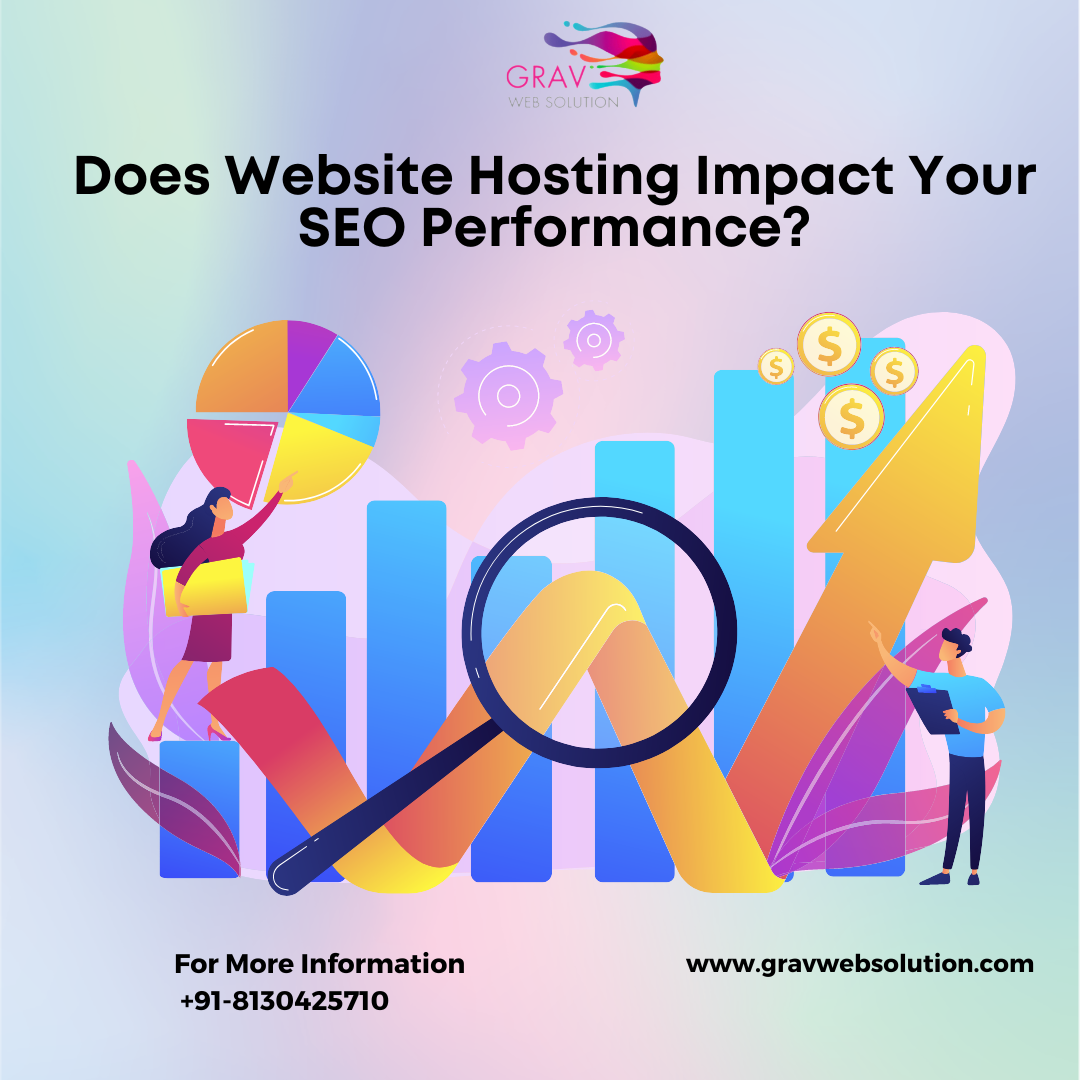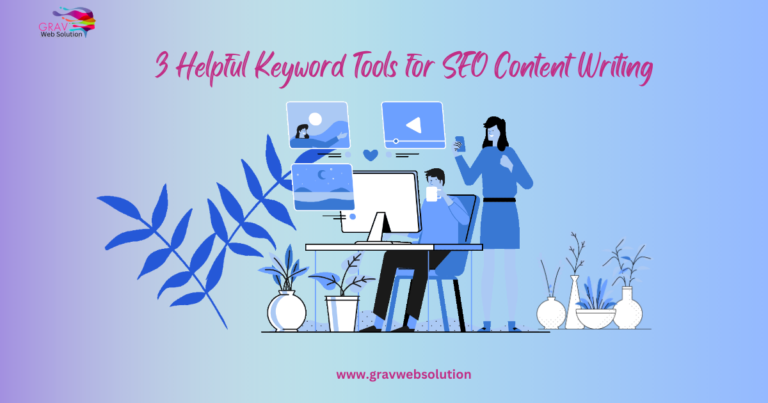What Is Website Hosting?
Site hosting refers to services allowing businesses and digital marketers to save relevant files (e.g., images, code, scripts, etc.) and publish their websites. In essence, website hosting companies rent out space on their web servers to you.
Website hosting is essentially managing your website files on a host computer that allows users to access your files.
Once your website files are uploaded and published on these servers, they can be viewed by practically anyone online. When a site visitor goes to your website, their browser downloads your files and displays your website as you have designed it.
This process is made possible by web servers – powerful computers capable of connecting web users with your published site. Your website hosting services include the space allocated for your site’s files, connectivity, file protection and other related services required to publish and maintain your website.
With this in mind, it should come as no surprise that getting the best website hosting significantly impacts your SEO strategy and performance.
How Poor Website Hosting Can Impact Your SEO Performance
With the Google Page Experience update having rolled out in August 2021, a poor hosting service can undermine your SEO efforts now more than ever. Looking at its potential adverse effects, you will notice most of them have to do with user experience (UX).
Let’s dive into each one:
1. Slow Loading Times
Website speed refers to how fast (or slow) site pages load on browsers. Unfortunately, cheap hosting solutions usually have low bandwidths and could increase page loading time. This lag could frustrate users and cause them to bounce off your page, signaling to Google that your site is not worth ranking.
This lag can sometimes be due to servers hosting too many websites. Unfortunately, the best website hosting companies won’t allow too many sites to get hosted together on one server.
If you want to avoid lags, try static website hosting or maybe a self hosting website. Note that these options are best suited to smaller websites with fewer than five pages.
2. Server Downtimes
An offline or unavailable website is worse than a slow site. Imagine one of your customers going to your eCommerce store to buy something important and finding that it’s temporarily down, unable to serve shoppers what they need when they need it.
This failure to serve shoppers increases your website’s bounce rate, or the percentage of users leaving your website after visiting one page, and, worse, causes you to lose customers and sales opportunities. In addition, Google will drive your ranking down if your site experiences significant downtimes.
3. Hosting Space Shared With Unscrupulous Owners
Today’s best website hosting companies won’t allow scammers and spammers as clients – but low-cost hosting providers do. Shared hosting or hosting multiple websites on a shared server means you are compromising the hosting quality and your site security.
A shared host has two main disadvantages: First, it increases the risk of data theft or loss since you could be sharing the server with dodgy sites. Second, it diminishes your ranking and authority, as well as site speed and reliability.
For these reasons, Google tends to de-prioritize websites hosted on these shared servers. So steer clear of this cost-cutting practice.
4. Internal Server Errors
In the event of an internal server error, browsers are having trouble trying to access your site’s files. This means your site is experiencing database connection issues. It happens when your site’s content becomes viral: There are too many people trying to access your content, and your hosting provider can’t handle the large volume of connection requests.
Google flags frequent database connection errors and deems your site unreliable, causing your ranking to plummet.
Bottom line: Your profits go down with reduced UX.
Remember that Page Experience includes signals and metrics from previous updates. When considering website building and hosting services, make sure factors such as mobile-friendliness, Core Web Vitals and Secure Sockets Layer (SSL) certification are in order.
Features Of The Best Website Hosting For Your Business
Entrepreneurs and digital marketers need to get the best site hosting solutions for their businesses. What is website hosting good for if it doesn’t help your company meet its goals and achieve growth?
The following are some factors to consider when selecting the best website building and hosting services.
1. Guaranteed Uptime
You will often see small business website hosting and other providers guarantee a 99 percent uptime. Uptime refers to the percentage of time when your site is accessible to everyone. Sounds impressive – but what does a 99 percent uptime actually equate to?
Consider the following:
• Potential downtime every day: around 14 minutes and 24 seconds of it
• Expect total weekly downtime of 1 hour, 40 minutes and 48 seconds
• Expect total accumulated monthly downtime to be 6 hours, 43 minutes and 12 seconds
• Annual accumulated downtime will be three days, 15 hours, 21 minutes and 36 seconds
Be mindful of this guarantee, especially if you’re running an eCommerce website. But you shouldn’t be quick to trust website hosting services that guarantee 100 percent uptime, either. There will always be some downtime along the way since servers are machines and so break down from time to time.
2. Fast Page Loads
A few things can be done to make your site load faster. Some providers offer WordPress website hosting, others provide Amazon Web Services (AWS website hosting) and others operate with Google website hosting.
Each option is packed with features that help improve site loading times.
There are other things you can check, such as server location. If the physical location of their servers is closer to your target market, it helps websites load faster. You should also look out for a content delivery network (CDN) among your provider’s services because this helps boost speed and performance.
3. Highly Responsive Support Team
The goal is not to have zero hosting problems. What businesses really need is the ability to get issues resolved as soon as possible. With a highly responsive support team available 24/7, hosting solutions providers can get that done for you fast.
4. More Service Options
Hosting plans often come with a variety of options, such as automatic backups, free SSL certificates, SEO tools and multiple hosting plans. These shouldn’t be treated as add-ons or extras. They are vital to your site’s UX and performance – and thus its rankings.
What’s The Best Option For Small Business Website Hosting
Smaller enterprises need scalable solutions that cover their current needs and adapt accordingly as their business grows. They also need something that fits their budget and still serves to improve their SEO performance.
These options include:
• Google website hosting
• AWS website hosting
• WordPress website hosting
Google Website Hosting
Back in 2017, Google started offering a free website in exchange for signing up for a Google My Business (now called Google Business Profile) account. The interface for Google’s hosting solutions is beginner-friendly, similar to the original Google Sites. It’s a good option if you want to try a self hosting website or start with static website hosting.
Pros
• Free
• Integrates with Google services
• Cloud-based
• Easy and fast page editor
• Perfect for absolute beginners
Cons
• Limited design features
• Not very useful for eCommerce
• Can’t access source code
AWS Website Hosting
Amazon is fairly new to the web hosting industry, but it has made big strides over the last few years. For example, AWS (Amazon Web Services) now supports at least 5,000 educational institutions and 2,000 government agencies. That is why the technology has become popular for small and medium-sized enterprises.
Pros
• Easy to use
• Unlimited server capacity
• Powerful encryption and security features
• Flexible payment options
• Cloud-based hosting
Cons
• Availability of resources is limited by region
• Billing can be confusing
• Potential for data leakage
Managed WordPress Website Hosting
Many SEO hosting companies offer managed WordPress hosting, and for good reason. It’s compact, easy to use, SEO-friendly and highly secure.
Pros
• Servers are optimized for WordPress
• Easy to use and versatile
• Straightforward user panel
• All your hosting needs managed for you
• Better security
Cons
• No built-in email solutions
Custom Hosting Solutions That Fit Your Needs
Our holistic approach to reliable site hosting includes web design, content writing and custom web design. If you need help figuring out which type of hosting best fits your business, please call +91-8130425710.





